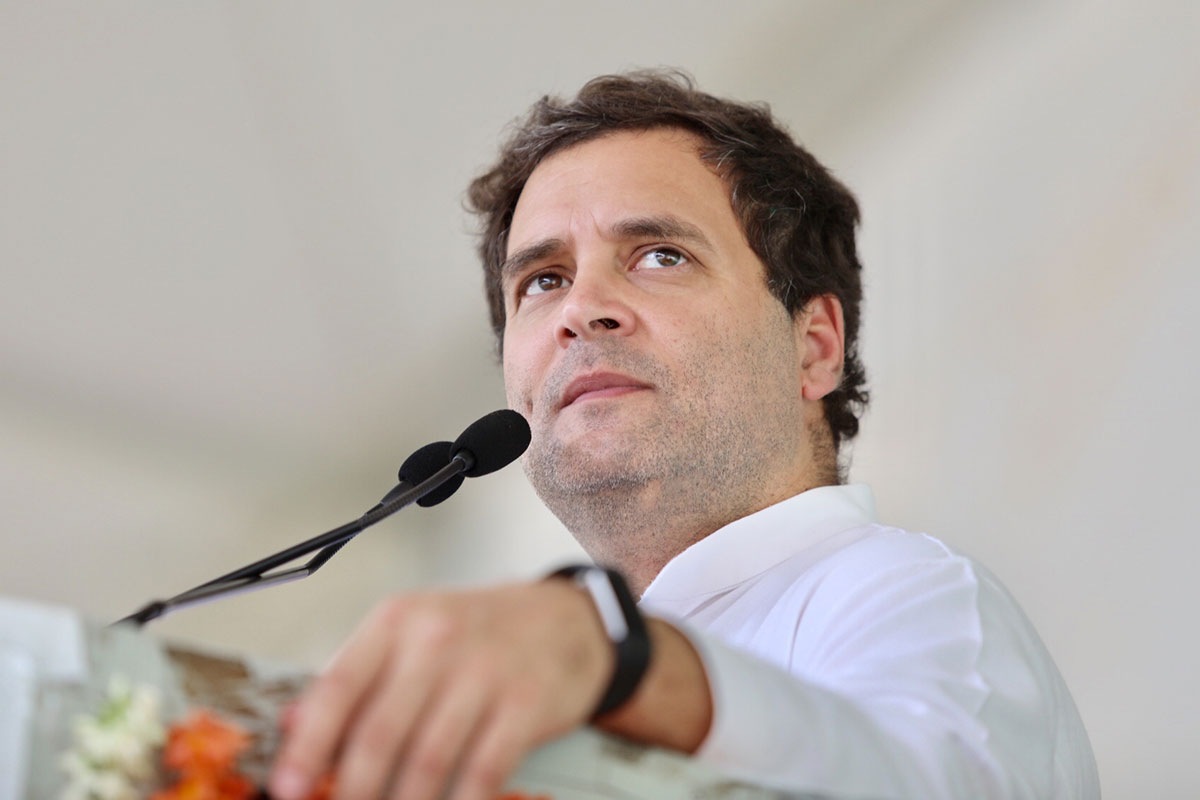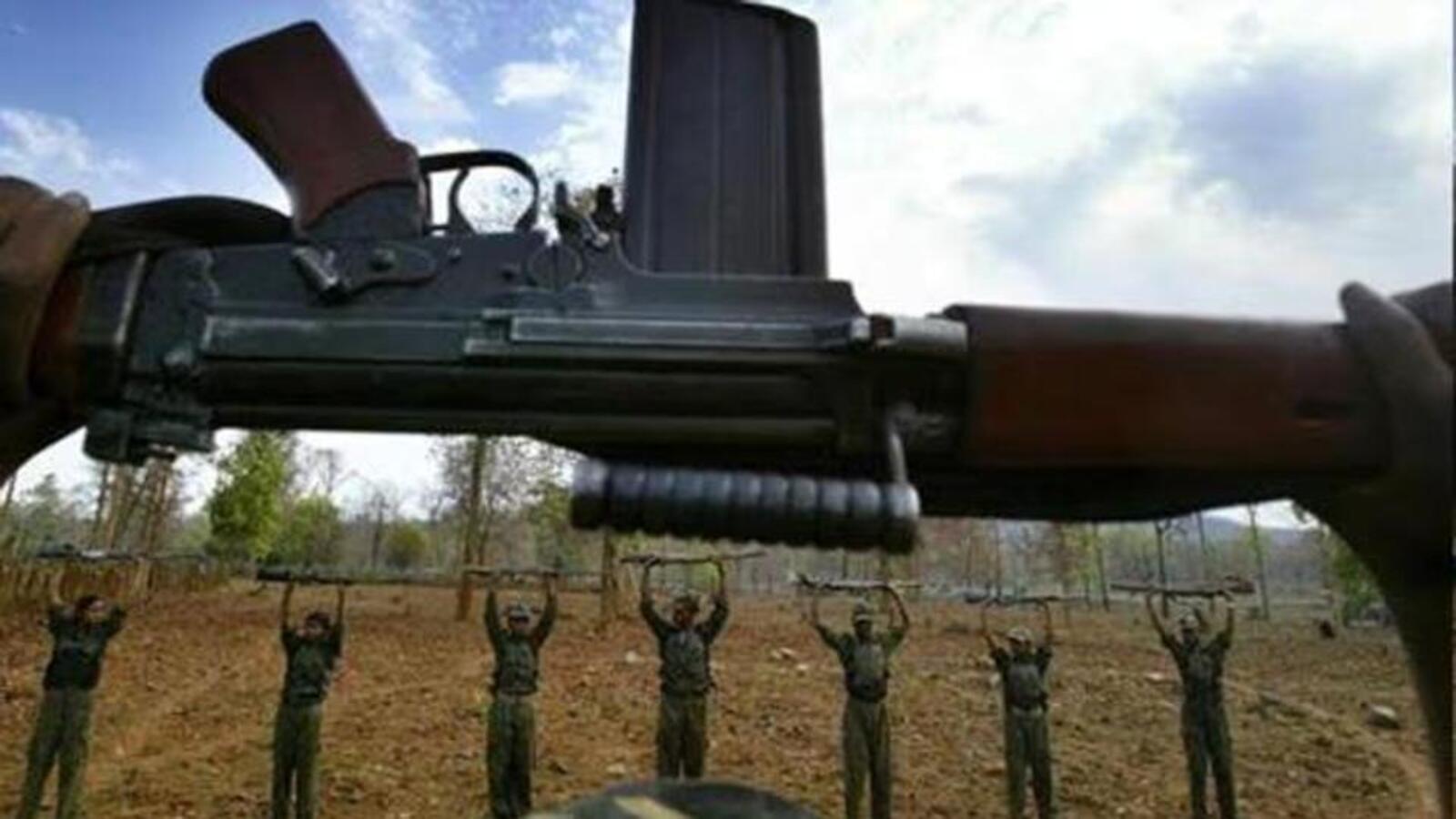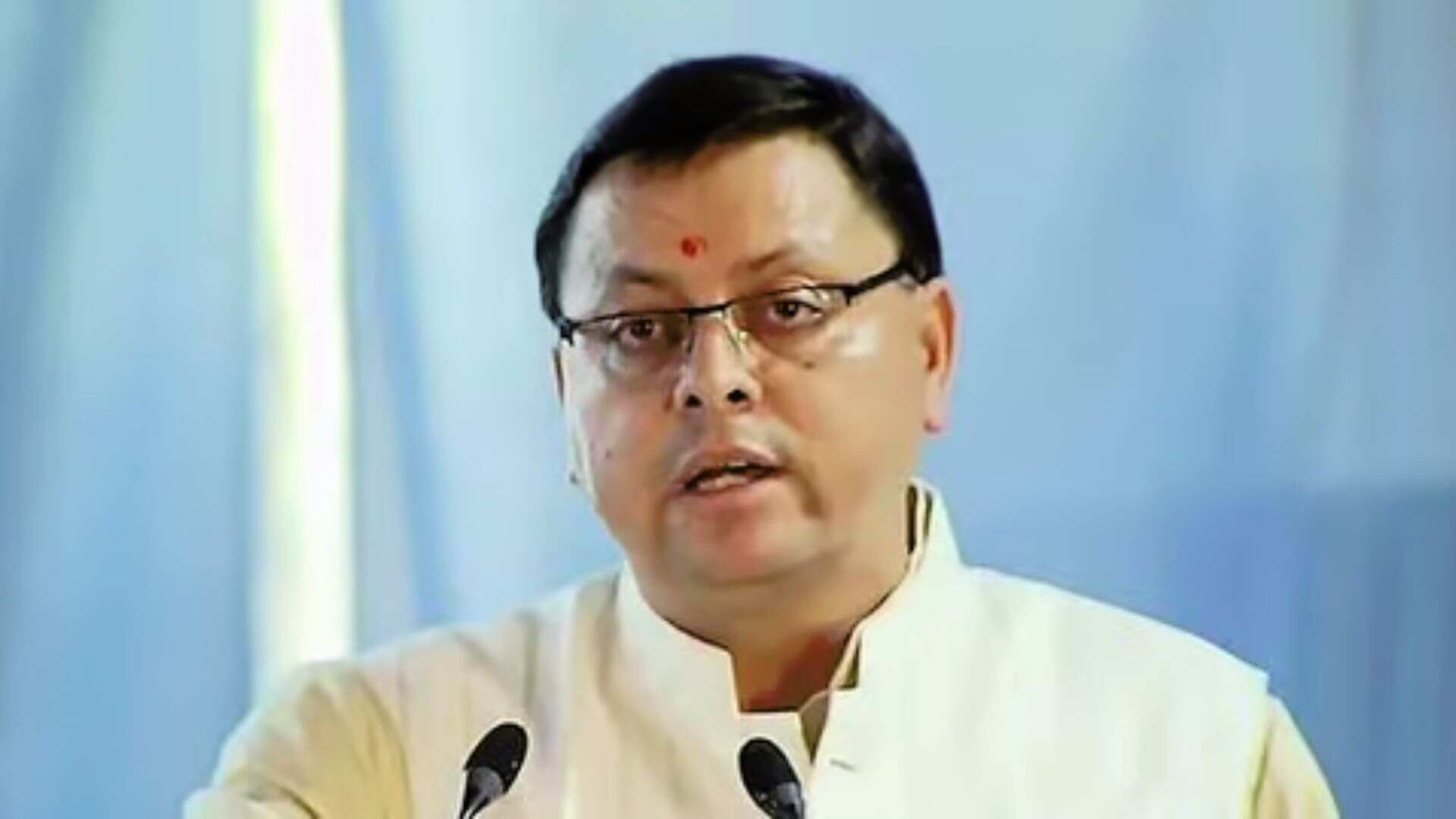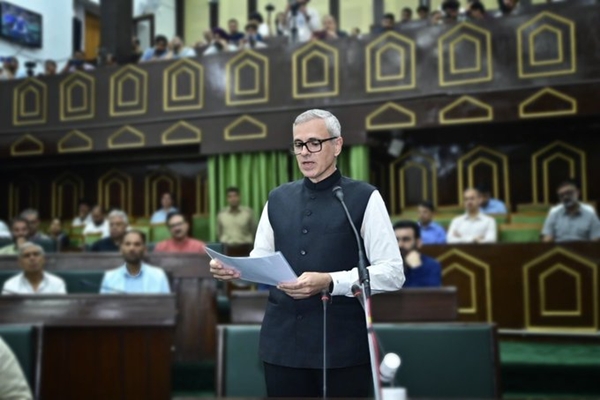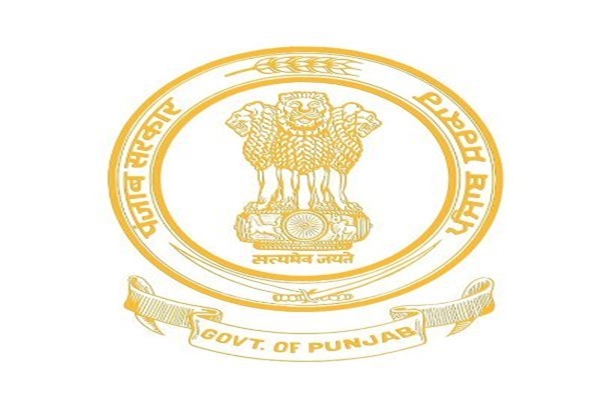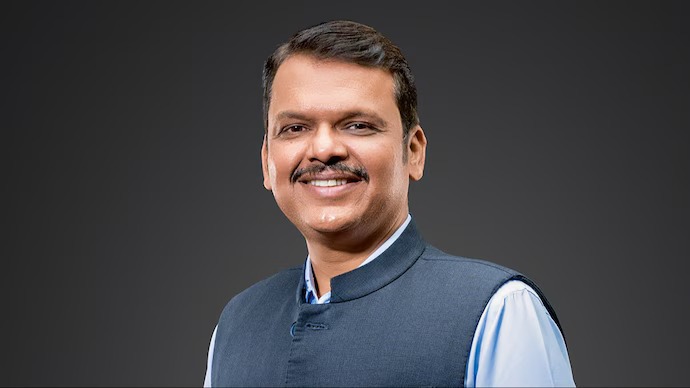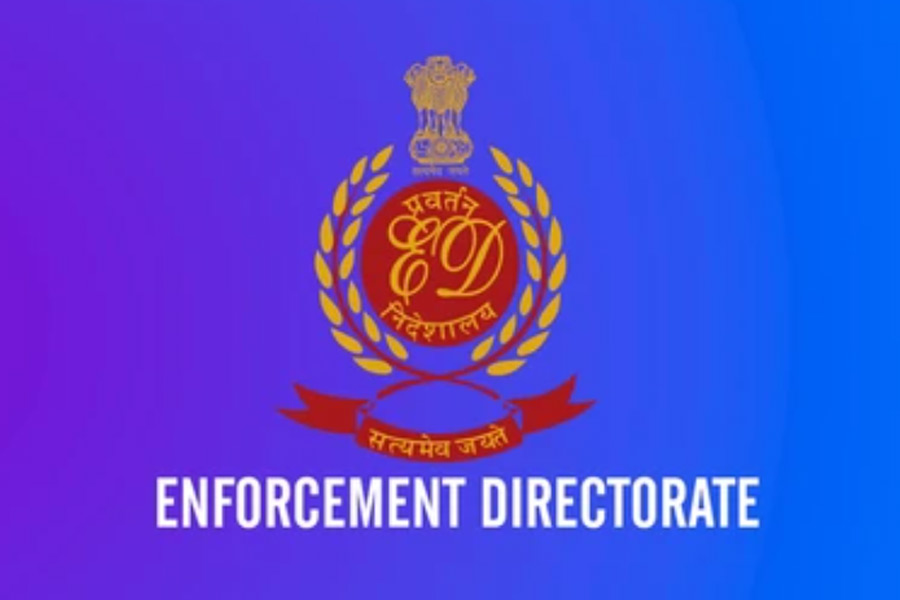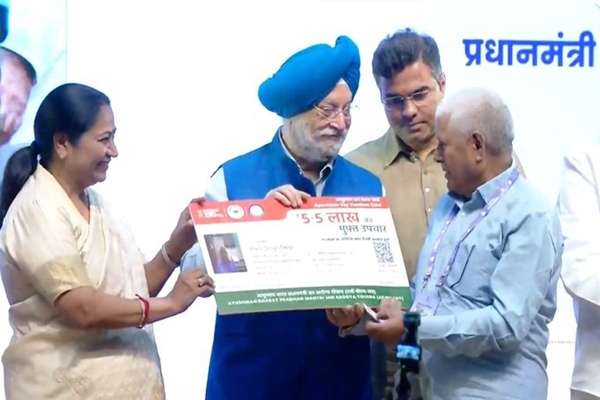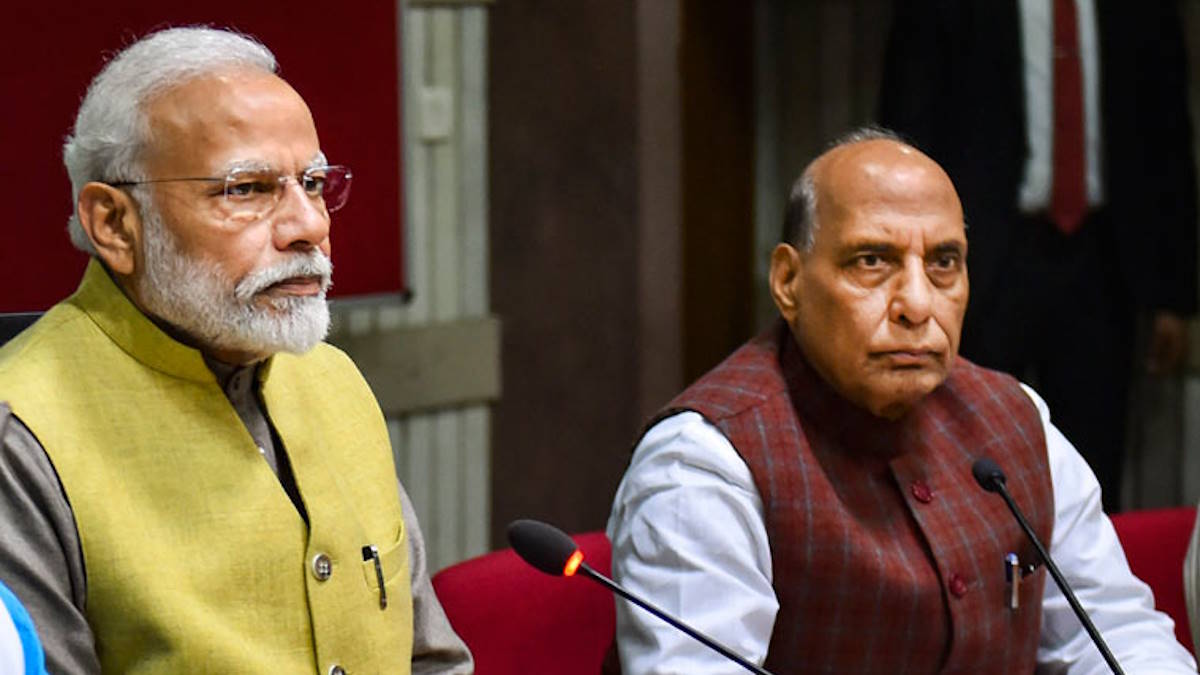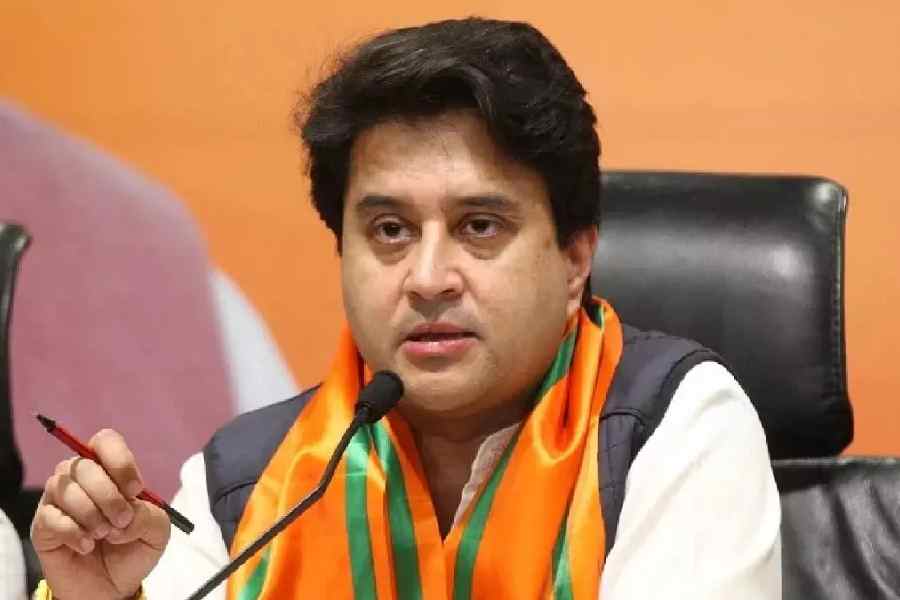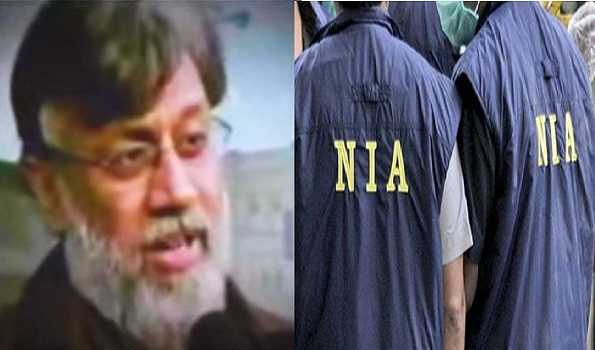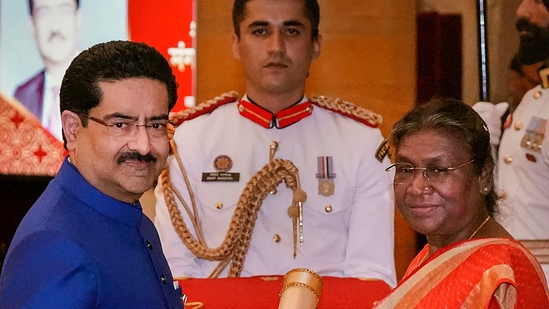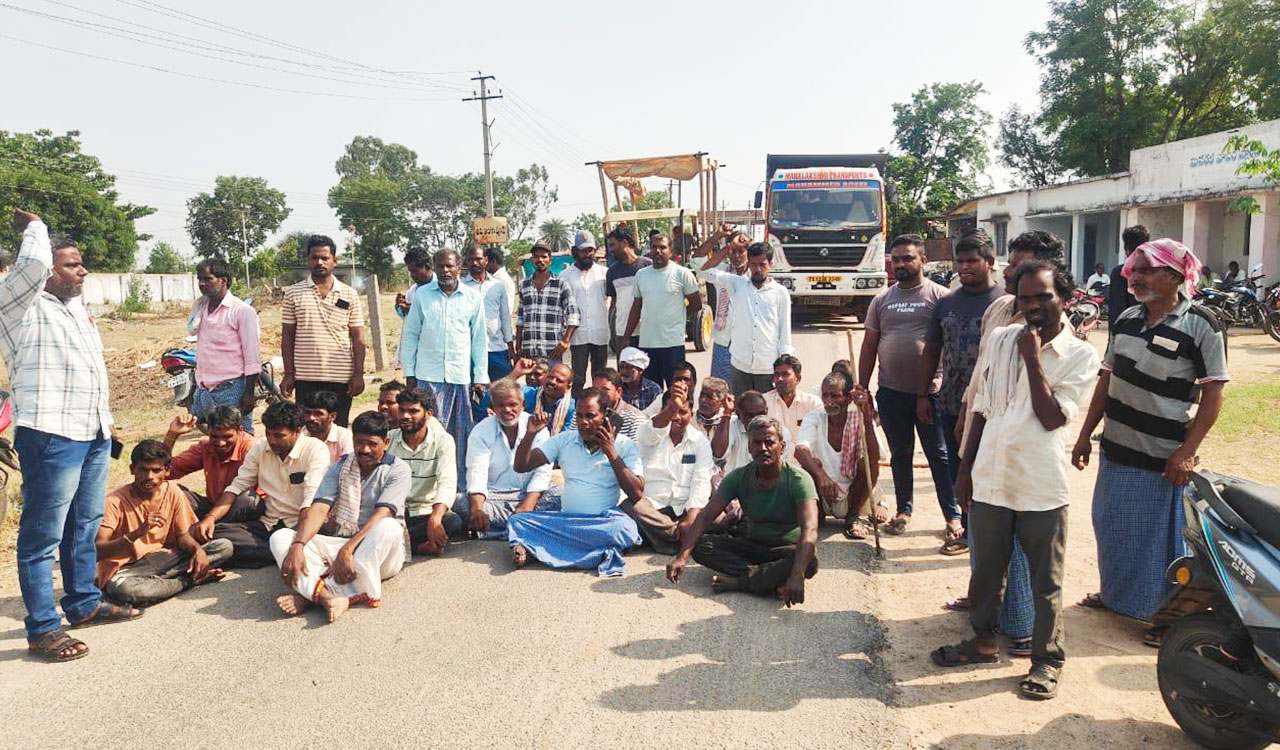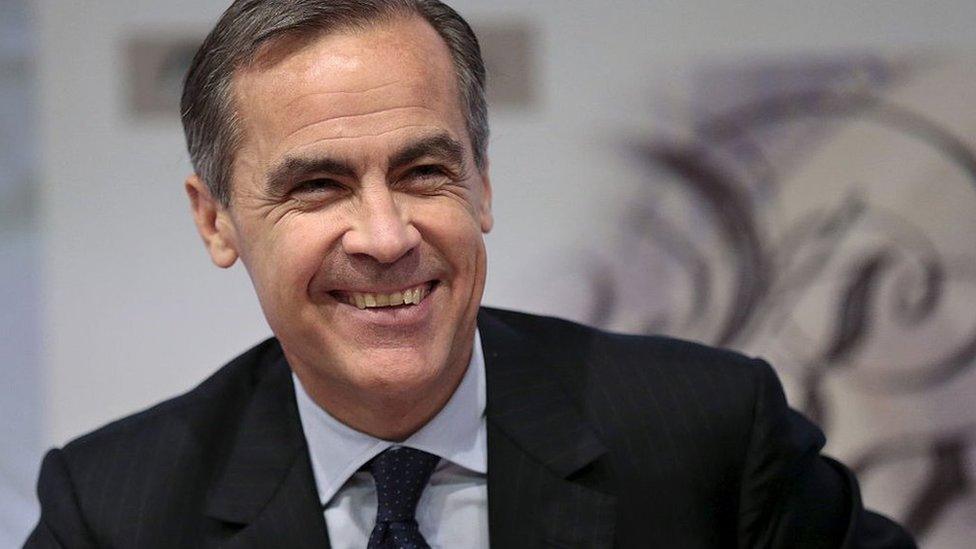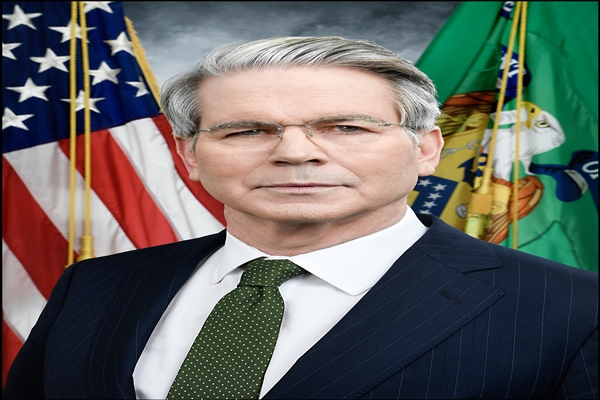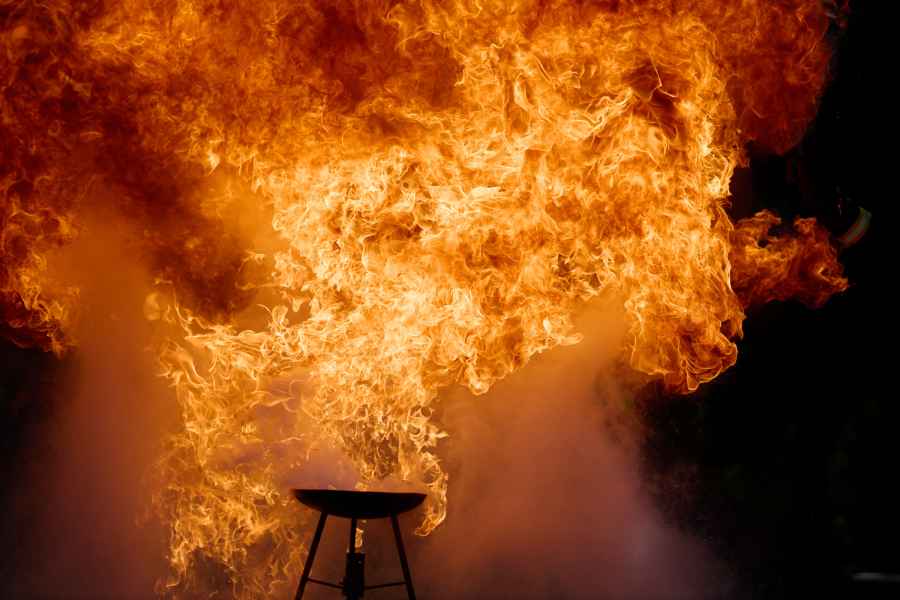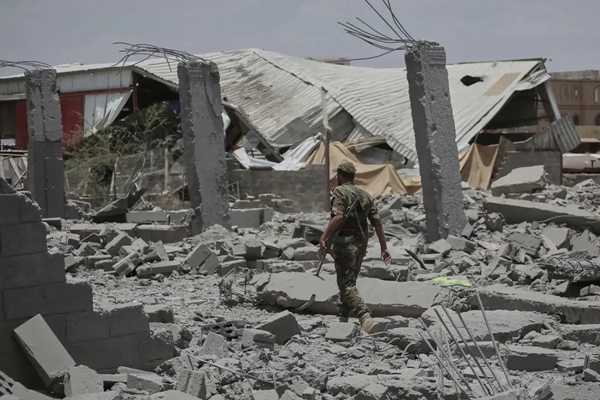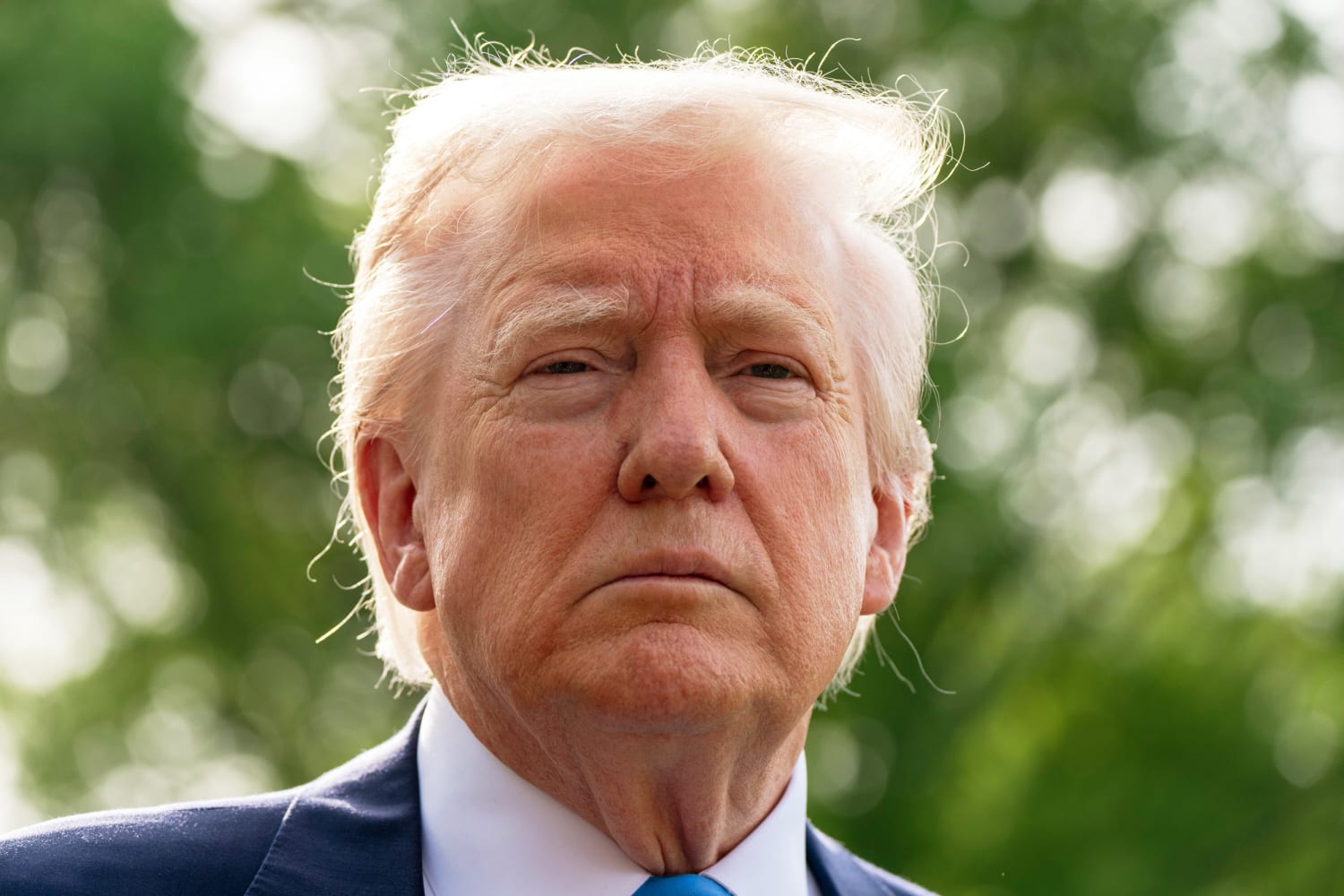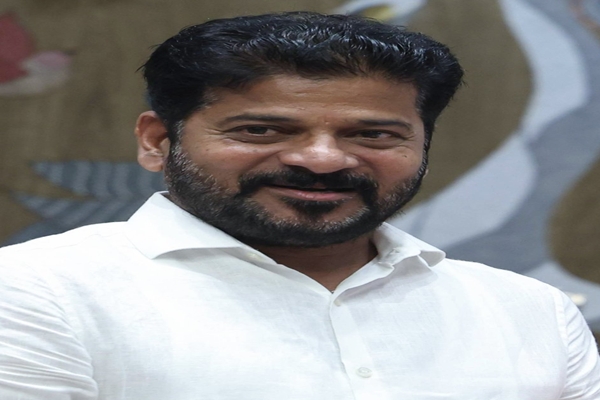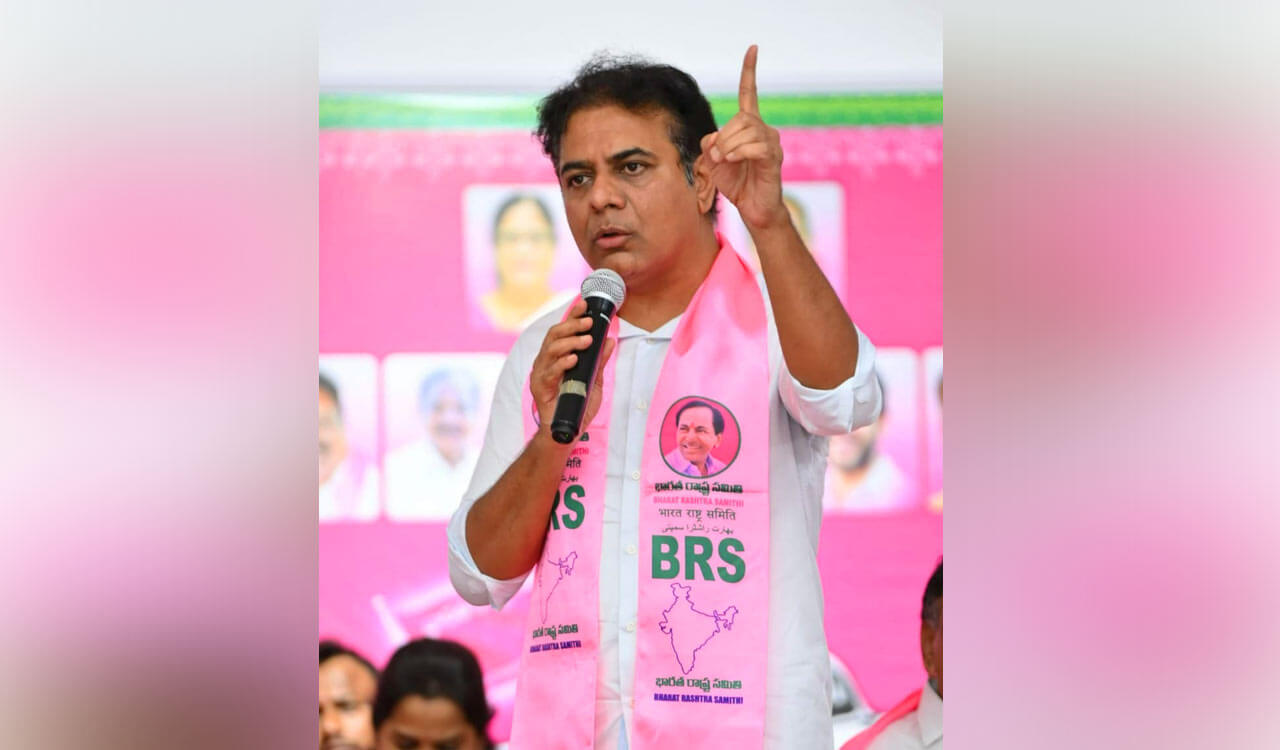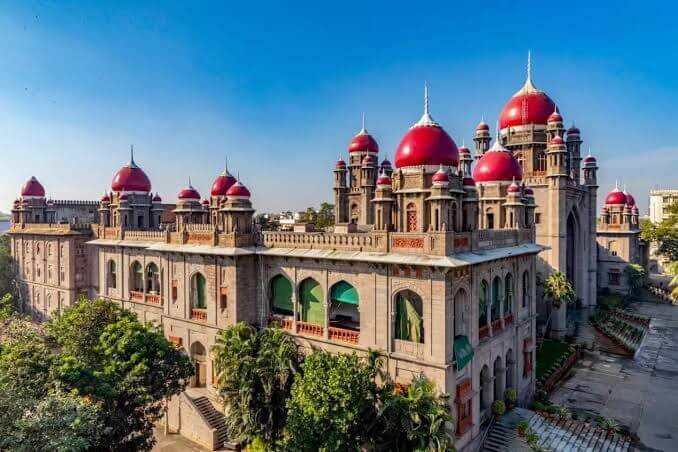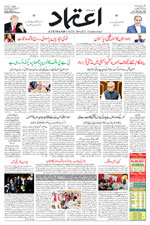India is committed to goal of nuclear weapons-free world: Harsh Vardhan Shringla
Tue 28 Sep 2021, 10:17:28
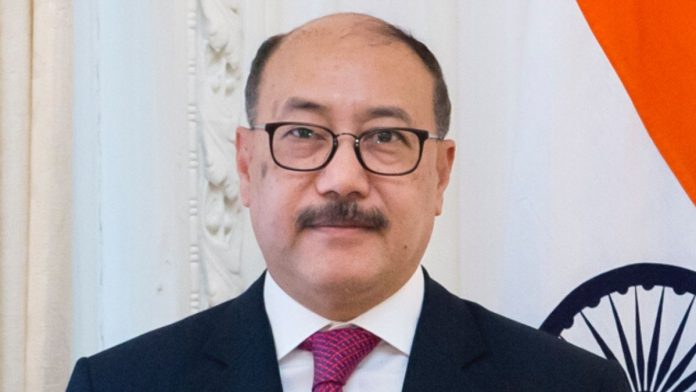
Foreign Secretary Harsh Vardhan Shringla has said that India is committed to the goal of a nuclear weapons-free world and complete elimination of nuclear weapons, consistent with the highest priority accorded by the Final Document of the First Special Session of the UN General Assembly on Disarmament.
Speaking at the UN Security Council meeting on Non-proliferation of Weapons of Mass Destruction: Comprehensive Nuclear Test Ban Treaty, Mr Shringla said, India has played a leading role in global efforts towards nuclear disarmament. He said, India was the first country to call for a ban on nuclear testing in 1954 and a non-discriminatory treaty on the non-proliferation of nuclear weapons, as distinct from non-dissemination, in 1965.
He said, India believes that this goal can be achieved through a step-by-step process underwritten by a universal commitment and an agreed global and non-discriminatory multilateral framework, as outlined in India’s Working Paper on Nuclear Disarmament submitted to the UN General Assembly in 2006.
The Foreign Secretary said, India had participated in the negotiations of the draft CTBT in the Conference on Disarmament, But, India could not join the Treaty as the Treaty did not address a number of core concerns raised by it. He said, India maintains a voluntary, unilateral moratorium on nuclear explosive testing.
Mr Shringla said, India will continue to work in the framework of the Disarmament Triad consisting of the Conference on Disarmament, the UN Disarmament Commission and the First Committee of the UN General Assembly, to strengthen nuclear disarmament and non-proliferation architecture.
He said, as the world’s sole multilateral disarmament negotiating
forum, the Conference on Disarmament is well placed to advance the global disarmament agenda and negotiate legally binding instruments on items on its core agenda.
forum, the Conference on Disarmament is well placed to advance the global disarmament agenda and negotiate legally binding instruments on items on its core agenda.
Mr Shringla said, India has actively supported and contributed to the strengthening of the global nuclear security architecture. He said, India participated in the Nuclear Security Summit process and has regularly participated in the International Conferences on Nuclear Security organized by the IAEA. He added that India is also a member of the Nuclear Security Contact Group.
The Foreign Secretary said, India is a key partner in the global non-proliferation efforts. One of the important steps undertaken by India in this context is the piloting of an annual UN General Assembly Resolution on Measures to Prevent Terrorists from Acquiring Weapons of Mass Destruction since 2002, which is adopted by consensus. He said, the Security Council Resolution 1540 is an important instrument for global non-proliferation efforts.
Mr Shringla said, there is a need for the international community to pay closer attention to the illicit proliferation of networks of nuclear weapons, their delivery systems, components and relevant technologies.
The Foreign Secretary said, with the objective of strengthening the non-proliferation architecture, India has also joined various export control regimes namely, Australia Group, Wassenaar Arrangement, Missile Technology Control Regime and has harmonized its controls with the Nuclear Suppliers Group lists.
He said, India hopes that the international community will continue to work towards realizing the collective aspiration for a nuclear weapons free world.
No Comments For This Post, Be first to write a Comment.
Most viewed from National
Most viewed from World
AIMIM News
Latest Urdu News
Most Viewed
May 26, 2020
Which Cricket team will win the IPL 2025 trophy?
Latest Videos View All
Like Us
Home
About Us
Advertise With Us
All Polls
Epaper Archives
Privacy Policy
Contact Us
Download Etemaad App
© 2025 Etemaad Daily News, All Rights Reserved.

